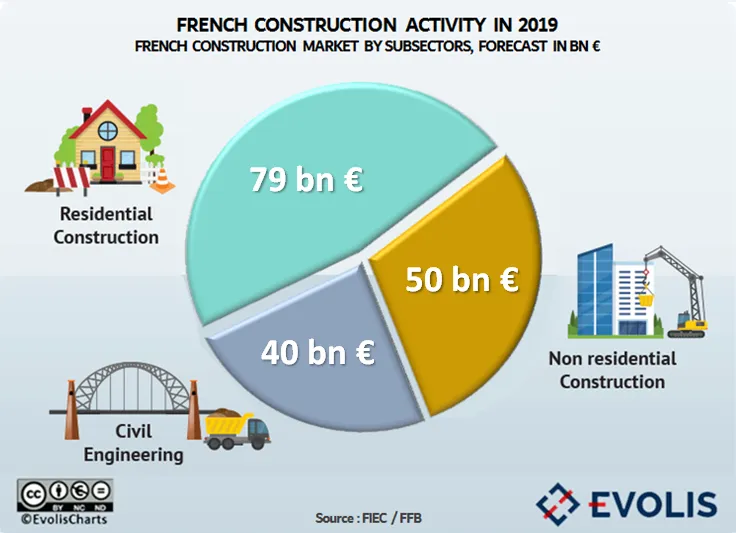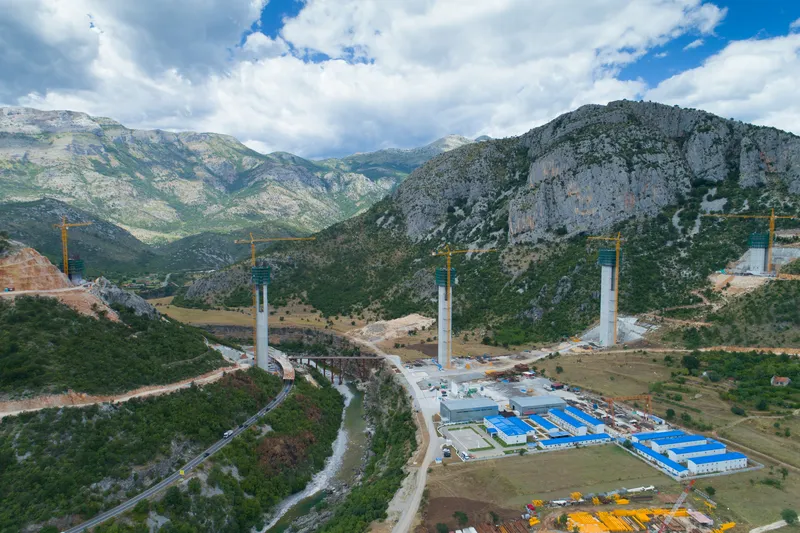The ambitious Fehmarn Belt Fixed Link, connecting Denmark and Germany, will open in 2025 at the earliest, according to the Danish finance ministry.
Femern A/S, the Danish government-owned company managing the project, confirmed the note from the government. It also said the ministry still has financial concerns over the deal to build an immersed tunnel connecting the towns of Rødby in Denmark’s southern Zealand with Puttgarden in northern Germany.
Of particular is the time for a construction company t
November 27, 2015
Read time: 3 mins
The ambitious Fehmarn Belt Fixed Link, connecting Denmark and Germany, will open in 2025 at the earliest, according to the Danish finance ministry.
4782 Femern A/S, the Danish government-owned company managing the project, confirmed the note from the government. It also said the ministry still has financial concerns over the deal to build an immersed tunnel connecting the towns of Rødby in Denmark’s southern Zealand with Puttgarden in northern Germany.
Of particular is the time for a construction company to receive full payback for the project because of declining traffic volume forecasts.
Financing includes European Union subsidies amounting to nearly €590 million during 2016-2019, but with delays to start of construction subsidies may be cut back.
World Highways reported in October that a study by Danish consultant Hans Schjær-Jacobsen had shown that payback period for the proposed 17km tunnel would be close to 50 years. This is a decade longer than estimated by the developers of the project, the study noted.
The Fehmarn Belt Fixed Link will connect the German island of Fehmarn with the Danish island of Lolland. The tunnel, incorporating two railway tunnels, two motorway tunnels and an emergency tunnel, will cross the Fehmarn Belt, or Fehmarn Strait, in the Baltic Sea.
According to the study, driver fees alone are unlikely to be sufficient for the financing of the link. Danish taxpayers will likely have to contribute to the project. More research is needed to pinpoint the finer details of the project whose estimated cost has been rising over the past year.
The Fehmarn Belt immersed tunnel project was approved by the Danish parliament in April this year. It is supposed to be built, owned - apart from the German land works - and operated by a Danish state agency called Femern, a subsidiary of Sund & Bælt Holding, and financed by loans guaranteed by the Danish government.
World Highways also reported in February that the Danish government was talking to contractors over the latest rise, a jump of €1.2 billion, in cost estimates for entire project. Contractors estimated an extra €295.5 million will be needed.
This is in addition to a statement in November 2014 by the contracting company Femern saying that costs had risen nearly by €900 million.
Of particular is the time for a construction company to receive full payback for the project because of declining traffic volume forecasts.
Financing includes European Union subsidies amounting to nearly €590 million during 2016-2019, but with delays to start of construction subsidies may be cut back.
World Highways reported in October that a study by Danish consultant Hans Schjær-Jacobsen had shown that payback period for the proposed 17km tunnel would be close to 50 years. This is a decade longer than estimated by the developers of the project, the study noted.
The Fehmarn Belt Fixed Link will connect the German island of Fehmarn with the Danish island of Lolland. The tunnel, incorporating two railway tunnels, two motorway tunnels and an emergency tunnel, will cross the Fehmarn Belt, or Fehmarn Strait, in the Baltic Sea.
According to the study, driver fees alone are unlikely to be sufficient for the financing of the link. Danish taxpayers will likely have to contribute to the project. More research is needed to pinpoint the finer details of the project whose estimated cost has been rising over the past year.
The Fehmarn Belt immersed tunnel project was approved by the Danish parliament in April this year. It is supposed to be built, owned - apart from the German land works - and operated by a Danish state agency called Femern, a subsidiary of Sund & Bælt Holding, and financed by loans guaranteed by the Danish government.
World Highways also reported in February that the Danish government was talking to contractors over the latest rise, a jump of €1.2 billion, in cost estimates for entire project. Contractors estimated an extra €295.5 million will be needed.
This is in addition to a statement in November 2014 by the contracting company Femern saying that costs had risen nearly by €900 million.







